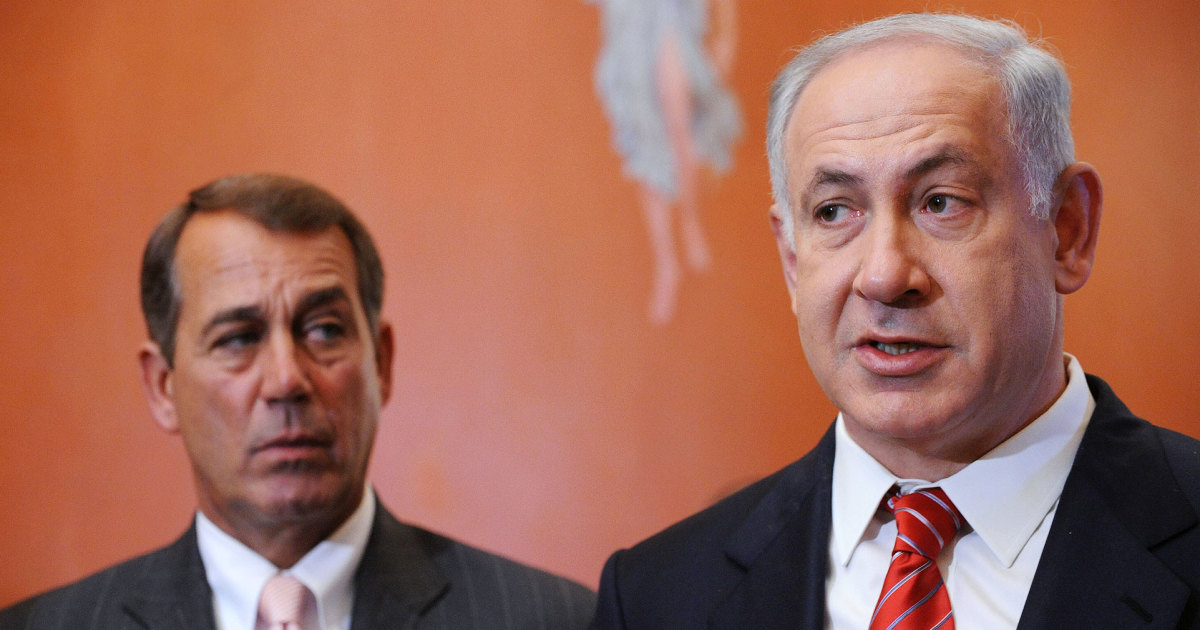Gradually but inexorably, the nature of the American Jewish attachment to Israel began to change, to become more and more the province of the Orthodox. I do not begrudge the Orthodox their dominance. They didn’t steal Zionism from anyone. To a certain degree, non-Orthodox Jews have abdicated it. Regardless, the net effect is clear. Survey data tells us that Orthodox Jews in this country are twice as likely as Conservative Jews, four times as likely as Reform Jews, and eight times as likely as unaffiliated Jews to have a deep, ongoing relationship with Israel — meaning repeated visits, time spent studying there, friends and family living there. In particular, the “gap year” between graduating from high school and entering college, which often involves study at a yeshiva somewhere in the occupied territories, has bred a deeper affiliation with the Greater Israel of the settlement project.
In that alignment, America’s centrist and Modern Orthodox are the brethren of Israel’s religious nationalists. This attachment of American Jews to Israel in this very selective way has had tremendous — and, by my lights, catastrophic — consequences for Jewish unity in both America and Israel. In wave after wave of the past 30 years, the Zionist consensus between Jews in the United States and Israel has cracked. In the first intifada of the late 1980s, for the first time since statehood, prominent mainstream American Jews, from Rabbi Arthur Hertzberg to Woody Allen, publicly criticized Israel. The first intifada also led to a moral and strategic awakening within Israel itself about how untenable an ongoing occupation would be. That realization led to the Oslo period. Yet the Oslo period, as we can now see in the fullness of time, drove the divide so deep that, of course, a pro-settlement radical assassinated Yitzhak Rabin, the prime minister who had signed the accords with Yasser Arafat.
In the Israel election less than a year after Rabin’s assassination, the American partisan divide began to map itself onto Israeli politics.
